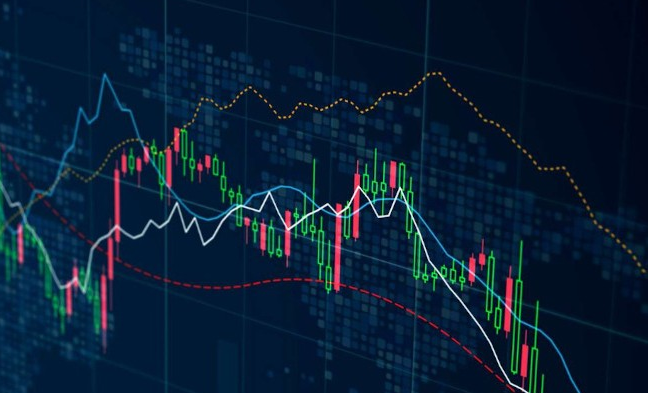Forex trading is an activity involving speculating on global financial markets which have become popular in Africa and Kenya. The task of becoming a profitable trader requires advanced knowledge and practical skills and can be a daunting task for beginners. Let’s explore the realm of FX trading as an investment option in Kenya and define our main challenges as well as opportunities.
Table of Contents
Understanding Forex Trading in the Kenyan Context
Forex trading in Kenya has amassed wild popularity as it offers an opportunity to make a living as the salaries are low in the country. As the average salary is around 138 to 148 USD, the best Forex brokers in Kenya offer flexible ways to earn more while spending less time. However, the requirements to become profitable are not easily achieved and discipline and enough time are a must. Despite these challenges, currency trading has gained momentum in Kenya in recent years propelled by technological advancements and the globalization of financial markets. Modern smartphones are powerful and cheap and anyone with 4g internet can access Forex markets around the clock no matter the location of the trader. Apart from technologies, Forex also offers traders 24/5 trading, high liquidity, and a vast array of currencies available for trading on user-friendly platforms. Kenyan investors despite being novice or experienced, are increasingly attracted to FX trading, lured by the potential of substantial returns no other endeavor offers.
Why Forex Trading Appeals to Kenyan Investors
There are several distinctive advantages offered by Forex trading which attract Kenyan investors. First of all, the flexibility of trading hours allows traders with various schedules to speculate on the markets at any time of the day, which is super comfortable for traders. The liquidity of FX markets ensures that large volumes can be traded without a significant impact on the price of the currency, allowing trailers to discover better prices and execution. Forex School in Kenya also offers various leverage levels which are readily available as many reputable FX brokers are operating within the country. High leverage levels allow Kenyan investors to control large positions with relatively small capital.
The Dual-Edged Sword: Risks and Rewards
While FX trading offers undeniable advantages of high returns, the trading is not devoid of risks. There is a substantial chance of losing money while trading without proper experience as knowledge and various psychological aspects are at play. The volatile nature of Forex trading can lead to substantial losses especially when using higher leverage levels. For example, the leverage of 1:100 means the trader can control the trading position 100 times their account size. The losses as well as potential profits are amplified several times when employing leverage. Kenyan investors must approach Forex trading with a clear understanding of risk management strategies, by always using stop-loss orders and only investing capital they can afford to lose.
Educational Resources and Regulatory Framework
Since online financial trading platforms are increasing in number almost daily, regulators have started to step in and try to protect investors from scams and fraud. This tendency of growing numbers of brokers has also made it easy for the average Kenyan investor to access financial markets. The importance of education can not be underestimated as it is the only way to make profits and stay safe while speculating financial markets. It is crucial for beginners to understand the market dynamics, technical and fundamental analysis, and the economic indicators that influence currency price movements. The regulatory landscape in Kenya is governed by the Capital Markets Authority (CMA), which provides a safeguard for investors and ensures transparency and fairness in trading practices.
The Role of Forex Trading in Diversifying Investment Portfolios
Forex trading also offers an alternative to traditional investment options such as stocks and real estate. The low correlation between Forex market price movements and other asset classes means that FX trading can serve as an effective hedge strategy against portfolio volatility, greatly reducing potential risks. Another difference between traditional investment forms and FX trading is that financial markets such as Forex are the most liquid markets as the main instruments for trading are currencies themselves.

